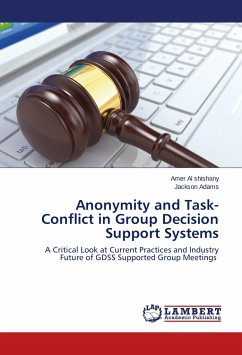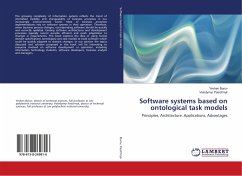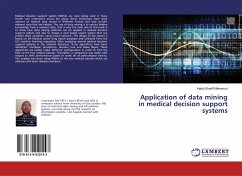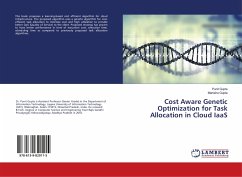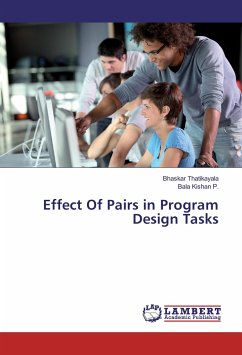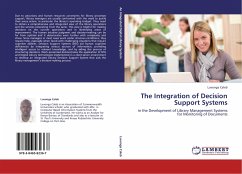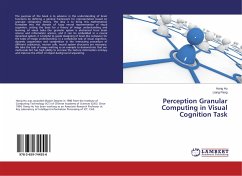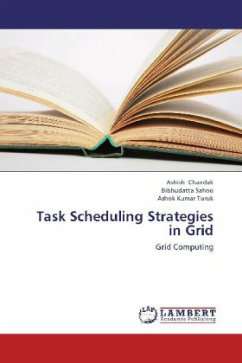The GDSS (Group Decision Support Systems) meeting application is designed to enhance the decision-making process by encouraging meeting participants to express divergent points of view and demonstrate disagreement due to the enabled anonymous interaction feature. Moreover, features of the GDSS application enable meeting members to brainstorm, discuss and vote on generated decision alternatives. However, in actual working conditions a group s performance can be disappointing and meeting group members sometimes fail to make effective decisions. Based on SIDE s (Social Identity model of Deindividuation Effects) strategic component assumption and on a field study where participants in real GDSS supported meeting environments were interviewed, the findings of this research propose a new model referred to as the Task-Conflict and Anonymity-Enabled GDSS Meeting model (TAGDSSM). The proposed model contributes to the understanding and interpretation of the users behaviour in anonymity-enabled GDSS decision-making sessions. Three world-leading GDSS meeting applications were investigated in this research: MeetingSphere (Germany), FacilitatePro (USA) and Spilter (The Netherlands).
Bitte wählen Sie Ihr Anliegen aus.
Rechnungen
Retourenschein anfordern
Bestellstatus
Storno

